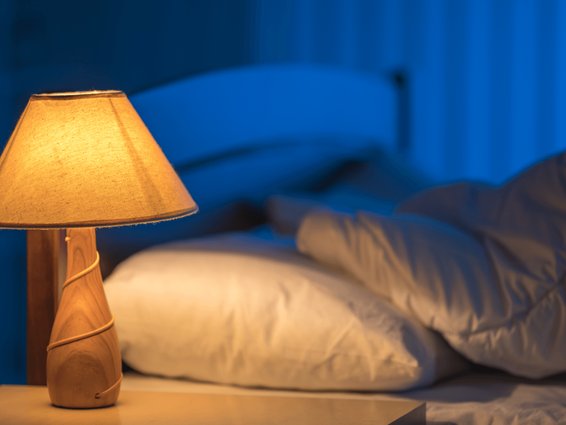
10 Hurricane Preparedness Tips for Seniors
It's especially important for you or a senior you care for to have a hurricane preparedness plan in place to stay safe during a storm.
During a hurricane, seniors can be particularly vulnerable. It can be more difficult for seniors to cope with disaster situations (such as extreme temperatures or noisy, crowded shelters), so understanding potential health and medical concerns is essential in order to appropriately plan for these issues.
In the event of an emergency, seniors should be prepared to take shelter with family or a caregiver if at all possible. Additionally, take note of these tips and information on senior hurricane preparedness from AARP, FEMA, CDC, and American Red Cross.
Prepare for Storms Ahead of Time
Hurricane season in the United States is typically late May through November, and there are a few things you can do ahead of time to be prepared should a storm hit.
- Stock your home and car with disaster supplies, including the following. If you can, stock up before you know a storm is coming to avoid crowds and get the items you need. You should also keep support items like wheelchairs and walkers in a designated place for easy access.
-
An emergency water supply
-
Personal care products
-
Emergency food
-
A first aid kit
-
Flashlights
-
A battery-powered radio
-
Your medical insurance information, including Medicaid/Medicare cards
-
Prescriptions and prescription cards for refills
-
Medical tags with information about healthcare needs.
-
- Post emergency phone numbers near your phones so they are easily accessible in case of disaster. This is especially important for those without cell phones.
- Create a disaster plan. Have a list of people you can contact or who will check on you in case of a hurricane, and learn where the nearest shelter is and the different routes to get there. If you have limited mobility, have an escape chair ready and an emergency plan ahead of time, including identifying places in the home where you can stay safe in high winds and rain if you’re unable to leave the house. If you live in a nursing home or adult-living facility, speak with the administrator about their evacuation plan.
- Find a caregiver for your pets. Many shelters do not allow pets unless they are designated support animals. Don’t let this keep you from evacuating when needed—find someone in advance who can watch your pets if you’re unable to care for them.
What to Do Immediately Before and During a Hurricane
-
Listen to the news. Stay indoors and tuned to local news stations via TV or battery-operated radio. Be prepared to evacuate if ordered.
-
Close and lock all windows and doors.
-
Verify proper cooling and heating, as seniors are especially vulnerable to temperature extremes. If the power goes out, it is important to have alternate cooling and heating sources available.
-
Move electronics or valuable objects away from windows and wrap in plastic garbage bags to keep dry.
-
Have a supply of bottled water on hand. Also, fill sinks and bathtubs with water to use for bathing, washing clothes, or flushing the toilet.
-
Shut off water at the main valve and electricity at the main fuse or breaker box.
What to Do After a Hurricane
-
Check for initial damage using a flashlight. Do not light matches or candles or turn on electrical switches before checking for fires, spills, or gas leaks.
-
Shut off any undamaged utilities.
-
Check on your neighbors if you can, and call your emergency contacts to let them know you’re okay and whether you’ve left your home.
-
Monitor local broadcasts for information about where and when to get disaster relief assistance.
Knowing the steps to take before, during, and after a hurricane can make all the difference when a storm hits. Having support from a loved one or caregiver in an emergency may be just as important for hurricane preparedness. That’s why you or the senior you care for should have a complete emergency plan in place.
If you have any questions about your health or coverage before, during, or after a natural disaster, we’re here for you. Just give us a call at 1-888-778-1478 (TTY 711) 8 am to 8 pm local time, 7 days a week.
Published on 9/7/21
Photo credit: Getty


